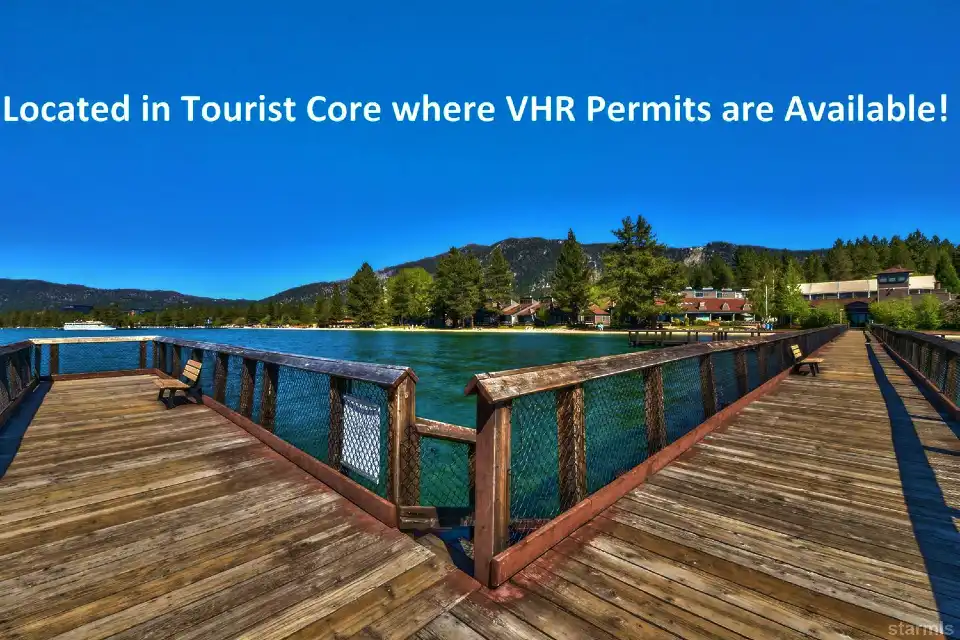Homeowners, residents fight over the future of Tahoe Township’s vacation homes
Ariana Bindman
(PLACERVILLE, CALIFORNIA) Oct 19, 2022 — Tahoe families offered impassioned testimonials in Nevada hotel ballrooms, homes in the area continue to sell for over $5 million — ultimately raising the question of who, exactly, is entitled to living there.
By now, it’s no secret that the proliferation of short-term rentals — and luxury developments — is significantly altering Tahoe’s bucolic landscape. On Oct. 13, Douglas County’s Board of County Commissioners convened at the Hard Rock Hotel in Nevada to consider eliminating Tahoe Township’s Vacation Home Rental (VHR) program, an ordinance that allows locals to rent their houses to tourists visiting the area.
The program, which is projected to rake in $4 million in transient occupancy and tourism surcharge taxes each year, along with $800,000 in fees, is quite lucrative for the county, but it has become a contentious issue in the small Douglas County community, which borders the southeastern section of the lake.
As the region grapples with a dire housing crisis that now sees half of its workforce live elsewhere, some homeowners revealed at the Oct. 13 meeting that they depend on the VHR program to survive. Their testimonies were so passionate that the board decided to keep the program.
Even though they’re an economic boon for the county, and a livelihood for some homeowners, vacation home rentals are a nuisance to some longtime residents. According to Douglas County’s website, there are at least five complaints about them each week, and while there are currently 532 active VHR permits in the Tahoe Township region, there are only two full-time code enforcement officers. During the Oct. 13 meeting, as residents took to the floor to discuss the impact VHRs have on the community, the tensions in Tahoe Township became clear.
“I believe everyone has a right to purchase a home in Lake Tahoe. With that said, not everyone can afford to own in Lake Tahoe,” said one resident. “It’s a national treasure, not a financial expectation,” she continued, arguing that the VHR program doesn’t actually help local homeowners.
“I think we’re seeing a skewed set of comments here, because the handful of people who are here who are making money through VHRs obviously have a huge vested interest in continuing that income stream,” said another resident, a father living in the area. “But I’d like to speak for those people who want to have communities of actual full-time residents rather than just revolving doors of folks who are short-term renters.”
